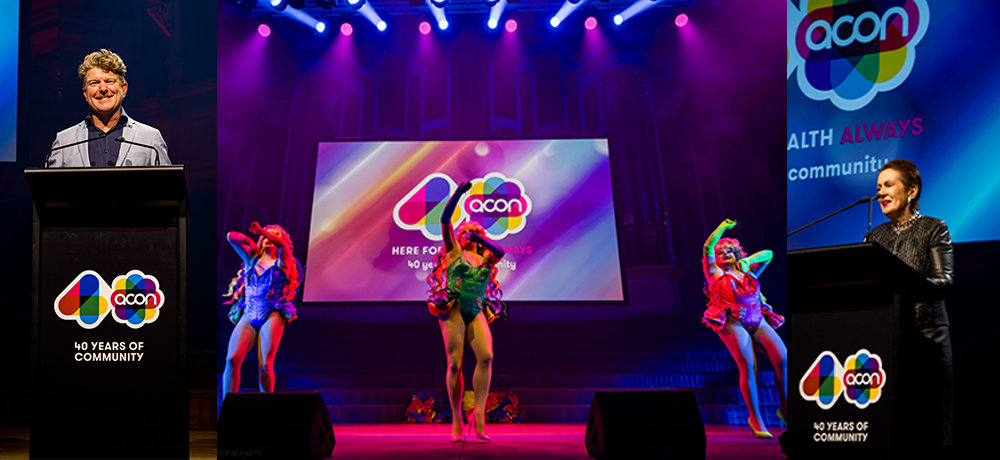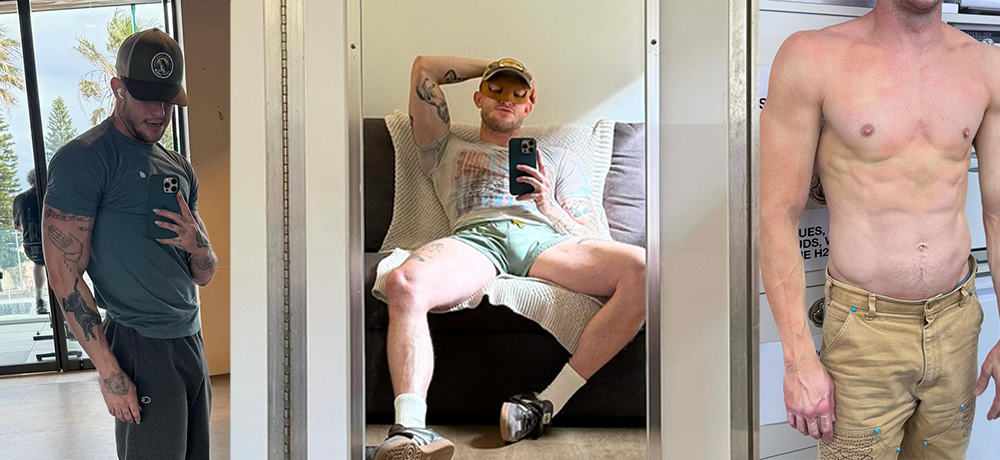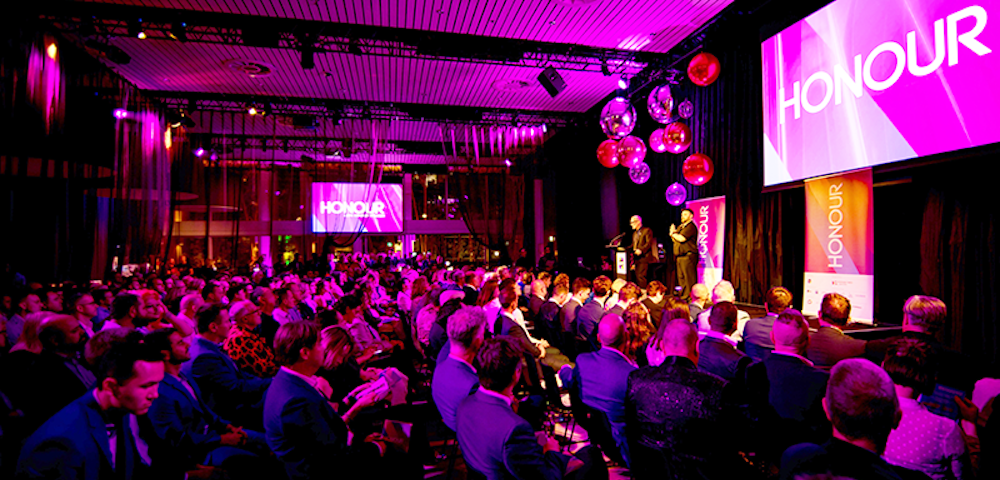
Aussie report highlights queer women’s health needs

A NEW report on queer women’s health is set to be released this week, giving insights into the unique health needs on lesbian, bisexual and queer (LBQ) women.
The Sydney Women and Sexual Health (SWASH) report is a comprehensive biennial snapshot on the health and wellbeing of LBQ women.
A collaborative project between ACON and the University of Sydney, it covers issues including sexuality and gender, sexual health, mental health, violence, tobacco and drug use, alcohol consumption, cancer screening behaviours and more.
When it comes to mental health, the report found that 65 per cent of women had accessed psychological services in their lifetime, while 47 per cent had received a mental health diagnosis at some point in their lives.
It also found that 22 per cent of women aged 16 – 24 had experienced high psychological distress.
It also found that 45 per cent of LBQ women had used one or more illicit drugs, rates that were much higher than in the general community.
Additionally, 40 per cent of women had experienced anti-LGBTI behaviour in the past year while 26 per cent had experienced domestic violence with a female partner in their lifetime.
Major findings from the report are set to be released at the LBQ Women’s Health Conference in Sydney this week, the only annual national summit on the health and wellbeing of LBQ women.
This conference, hosted by ACON and VAC, is sponsored by the Cancer Institute NSW and NSW Health. Over 320 participants will attend the conference, where over 50 sessions will focus on diverse health issues for LBG women, including trans and intersex women.
ACON Deputy CEO Karen Price said the insight into LBQ women’s health provided by SWASH will help organisations such as ACON develop responses to parts of the LGBTI community that are often overlooked.
“ACON has made a core commitment to work closely with women from LGBTI communities to better understand and address their specific health issues,” said Price.
“Since 1996 we have worked with our research partners on SWASH to develop a broad and systematic evidence base to support the development of health programs and policies.
“The difference between LBQ women’s health and that of the broader community is primarily influenced by social contexts and behaviours—how often the marginalisation and stigmatisation of our communities impacts our health.
“Many programs and services targeting women in the wider population have failed to resonate with LBQ women, and information gathered by SWASH provides a vital means by which specific messaging can be developed that reaches and connects with them.”
Price said earlier SWASH reports have informed ACON health projects targeting LBQ women, including #TalkTouchTest and #SmokeFreeStillFierce.









